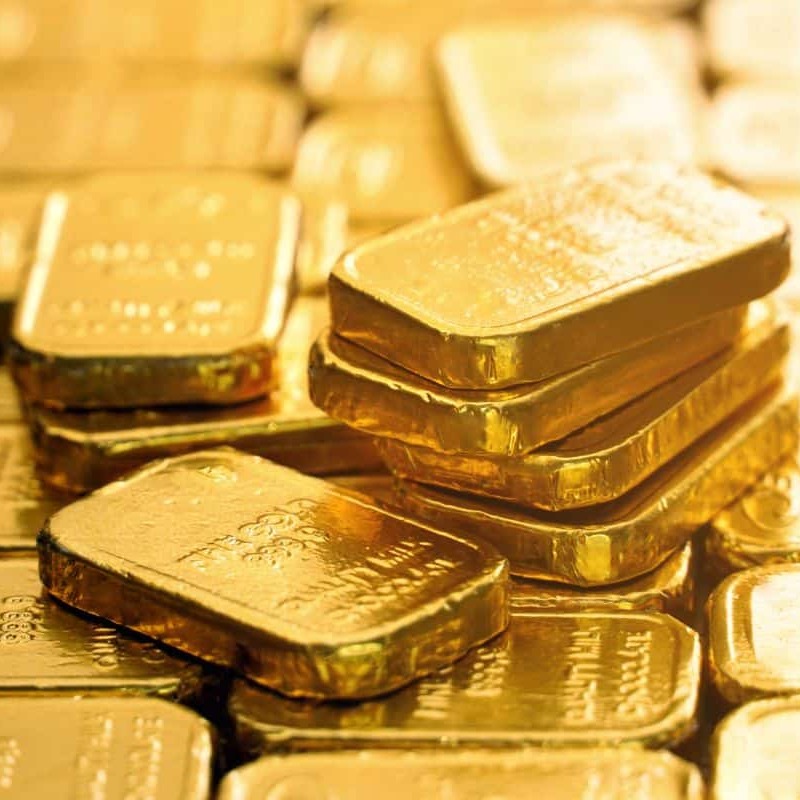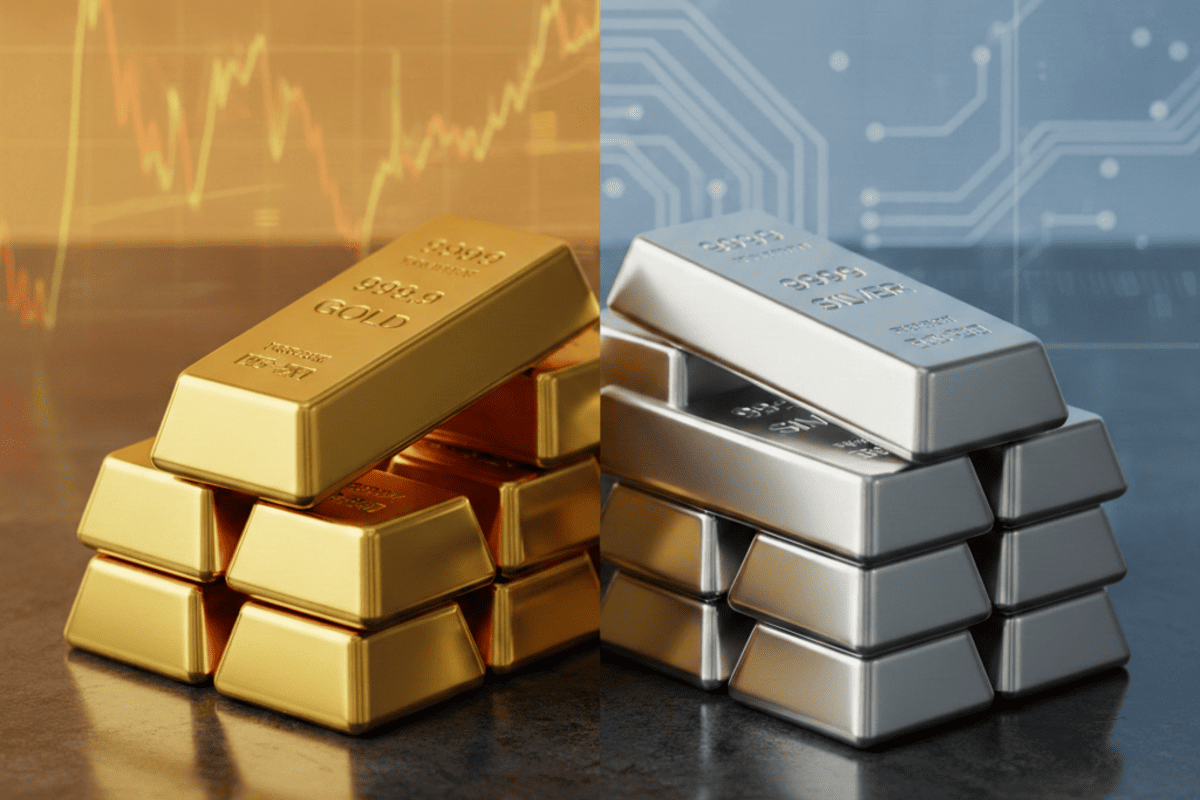
The Golden Connection: Exploring the Intricate Web of Factors Influencing Global Gold Prices
In the ever-shifting landscape of the global economy, gold stands as a resilient and time-honored asset, captivating the attention of investors and enthusiasts alike. As we delve into the intricate world of gold prices, it becomes evident that this precious metal is not immune to the influences of external factors. Join us on a journey to unravel the complex web of elements that impact global gold prices.
- Economic Indicators: At the heart of the matter lies the economic health of nations. Gold prices often respond to fluctuations in economic indicators such as inflation rates, interest rates, and overall economic stability. During times of economic uncertainty, investors tend to turn to gold as a safe-haven asset, driving up demand and subsequently influencing prices.
- Currency Strength: The relationship between gold and currencies is symbiotic. The value of gold is inversely proportional to the strength of currencies. When the value of the dollar weakens, gold prices tend to rise, and vice versa. This intricate dance between gold and currencies adds a layer of complexity to the determination of global gold prices.
- Geopolitical Tensions: Gold has long been regarded as a hedge against geopolitical uncertainty. When tensions rise on the global stage, whether due to political instability or conflicts, investors often flock to gold as a store of value. The perceived security of gold during turbulent times can significantly impact its prices.
- Central Bank Policies: The policies adopted by central banks have a profound impact on gold prices. Central banks’ decisions on interest rates, quantitative easing, and gold reserves can influence market sentiment and, consequently, the demand for gold. Investors keenly watch these policy shifts as indicators of potential changes in gold prices.
- Supply and Demand Dynamics: Basic economic principles of supply and demand play a pivotal role in determining gold prices. The finite nature of gold makes it susceptible to changes in mining output, exploration activities, and overall demand from various industries, including jewelry and technology. Any disruptions in the supply chain can have a cascading effect on gold prices.
- Market Speculation and Sentiment: The psychology of investors and market sentiment cannot be overlooked. Speculation, fear, and optimism can drive short-term fluctuations in gold prices. Traders and investors closely monitor global events, news, and market sentiment, making decisions that can lead to rapid changes in the demand for gold.
In the global marketplace, gold prices are intricately woven into the fabric of economic, geopolitical, and market dynamics. As you navigate the world of investments and consider the allure of gold, understanding the multifaceted factors influencing its prices is crucial. Our store, dedicated to the brilliance of gold, remains attuned to these global factors, offering you a curated collection that not only embodies timeless beauty but also stands resilient in the face of the ever-changing global landscape. Explore the world of gold with us, where each piece tells a story shaped by the ebb and flow of the global economic currents.







Add comment